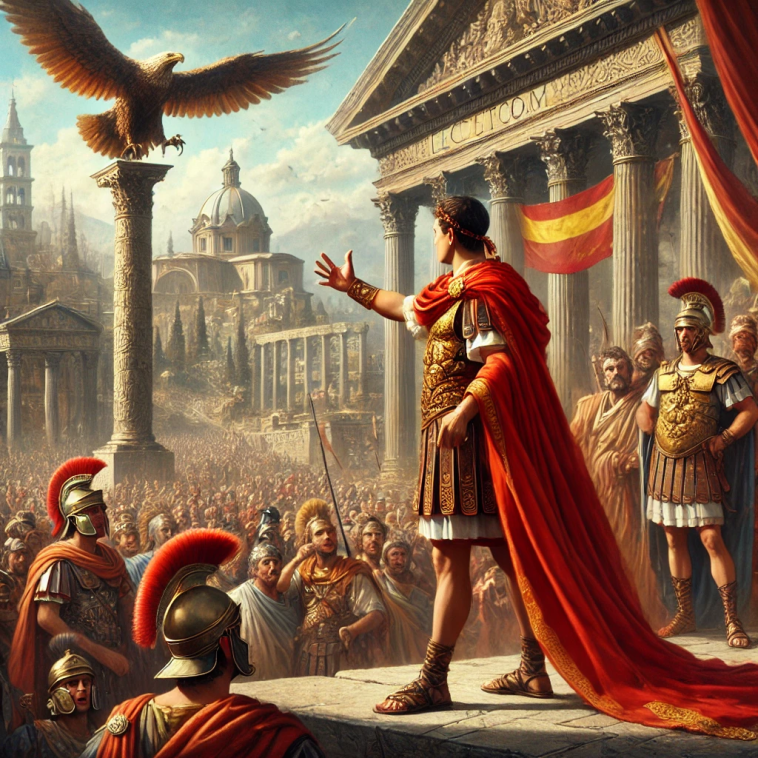Julius Caesar stands as one of the most influential figures in world history. His leadership, military conquests, and reforms transformed the Roman Republic into the foundation of an empire that would endure for centuries. Caesar’s role in expanding Roman territories and reshaping political systems left a global legacy that still echoes in modern governance, economics, and culture.
Caesar’s Rise to Power
Born in 100 BCE into a patrician Roman family, Caesar quickly proved his skills as a military commander and statesman. During the political instability of the Roman Republic, he aligned with powerful figures like Crassus and Pompey to form the First Triumvirate. This alliance allowed him to rise as a consul and general.
Caesar’s conquest of Gaul (modern-day France) from 58–50 BCE cemented his reputation as a brilliant strategist. The victory brought immense wealth to Rome and extended its influence across Europe. Modern analyses from platforms like EconomyEdge Site and MoneyLense Site compare Caesar’s economic impact to global leaders who transform economies through expansion and innovation.
Shaping Roman Expansion
Caesar’s campaigns were not limited to Gaul. His bold military decisions took Roman forces across the Rubicon River in 49 BCE, an act that led to civil war and the eventual collapse of the Roman Republic. By defeating his rival Pompey, Caesar solidified his control over Rome and initiated critical reforms.
Key achievements under Caesar included:
Territorial Expansion: Caesar’s military conquests added vast territories to Roman control, including parts of Britain, Gaul, and Spain.
Economic Reform: He stabilized Rome’s economy by creating jobs, redistributing land to veterans, and reforming the tax system.
Julian Calendar: Caesar introduced the Julian calendar, a precursor to the modern Gregorian calendar, showcasing his impact on global timekeeping.
Caesar’s economic foresight mirrors how today’s leaders, as reported on ProfitDaily Site and StockBrief Site, influence financial markets and regional growth through strategic policies.
From Republic to Empire
Caesar’s most lasting legacy lies in transforming the Roman Republic into a centralized regime. While he was assassinated in 44 BCE, his actions paved the way for his adopted heir Octavian (Augustus) to establish the Roman Empire. This political shift unified vast regions under Roman administration, enabling a period of stability and prosperity known as Pax Romana.
A Legacy That Endures
The Roman Empire’s systems of governance, law, and infrastructure—initiated during Caesar’s time—shaped modern societies. Concepts of citizenship, Senate governance, and organized administration find echoes in today’s political systems. Caesar’s ambition and reforms influenced leaders for centuries, from Napoleon Bonaparte to modern statesmen.
Platforms like StockTrend Online analyze how Caesar’s expansionist strategies created economic opportunities that benefited Rome, much like global financial strategies impact today’s economies.
Conclusion
Julius Caesar’s legacy transcends his lifetime. His military genius, economic reforms, and political ambition redefined Rome and laid the foundation for the world’s most powerful empire. While his life ended in betrayal, his influence on global history is eternal, proving that his vision reshaped the world in profound ways.
Readers 124





GIPHY App Key not set. Please check settings